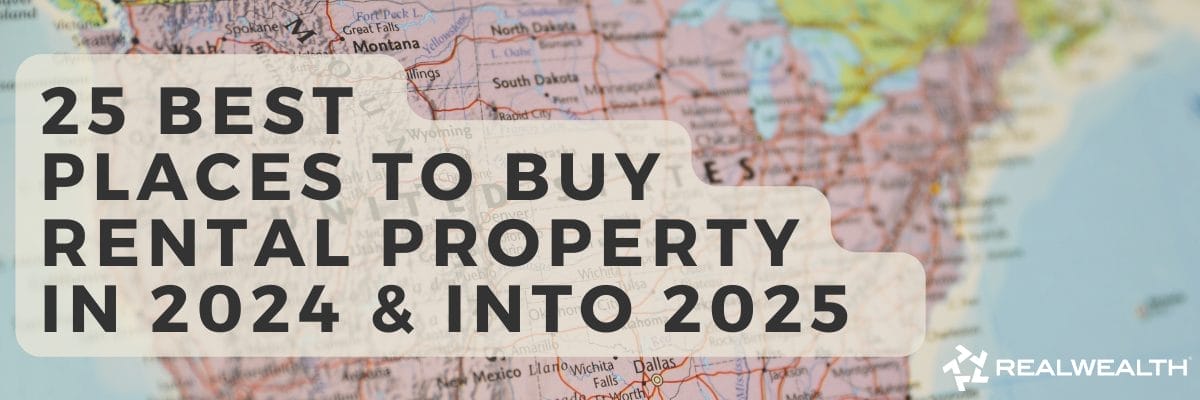Summary: It’s a return policy you’d expect from Best Buy or CostCo. A real estate start-up that promises a hassle-free buying and selling experience, is now offering a 30-day money-back guarantee for buyers. In this article, learn exactly what OpenDoor is offering to real estate investors and if they’re at risk of closing its doors.
Introduction
Forget about buyer’s remorse. OpenDoor Labs is trying to do away with the pressure that buyers feel when they’re not sure if the home is a good fit. So if you move in, and you find out you don’t like the neighbors, or there’s a whole lot more traffic than you expected, or some other surprise, OpenDoor says you can change your mind within the first 30 days.
The company launched its OpenDoor Guarantee on June 7th. It comes with a certified 180-point inspection and a 2-year home warranty that covers up to 20 items.
What’s the catch? Keep reading to find out.
long term investing
OpenDoor’s Return Policy
You won’t get “all” your money back if you decide to “give back” the house you bought. OpenDoor says if the buyer contacts them within the 30-day window, they’ll re-inspect the home to make sure there are no “material detrimental changes” which would significantly reduce the value of the home from the day you bought it.
If everything checks out, OpenDoor will repurchase the home for the original price minus any transaction costs – including commissions, closing costs paid by the seller, or repair costs beyond normal wear and tear.
Some real estate experts say the company could get itself in trouble if there’s another economic downturn. They say OpenDoor could find itself with a lot of unsold homes that have suddenly gone down in value. But the CEO told the Wall Street Journal that sellers would also be eager to unload their properties, presumably at a lower price, and that OpenDoor could also charge higher fees.
What Exactly is OpenDoor?
OpenDoor is a relatively new company. It was founded in 2014 as a San Francisco start-up that would pay cash for homes in Phoenix, fix them up, and flip them for a profit. Nothing new here.
Then the founders sought funding from venture-capital firms and angel investors to expand. To date, the company has raised $110 million in funding and have expanded their operations to Dallas with plans for Las Vegas, Denver and Portland.
What exactly is OpenDoor? Think house-flipper with lots of employees and a first-of-its-kind love-it or leave-it return policy. CEO Eric Wu says of the return policy, “We want every OpenDoor buyer to love their new home and we are standing behind that promise.”
Wu founded Motivity.com, a location data analytics company that was acquired by Trulia.com in 2011.
According to a report in the Wall Street Journal, OpenDoor had bought about 500 homes by the end of January and had sold about 300 of them. The paper says the estimated profit for each home was about $20,000.
OpenDoor is also trying to simplify the process of selling property.
Many home buyers need to sell their current house before they can buy a new one. Timing the close of both transactions can be complicated and stressful. If the current home doesn’t close for some reason at the last minute, the funds may not be available for the purchase of the next home – which can lead to the loss of the deposit in some cases.
If the first home does close, but the timing isn’t perfect, either the buyer or seller may be temporarily “homeless” and must live in a rental home or hotel in between the transactions – which basically forces them to move all their stuff twice.
Open Door hopes to eliminate all that stress by buying the home that needs to be sold in order to buy the new home.
How OpenDoor Buys and Sells Properties
Here’s how it works: Sellers go to the website and request an offer on their home. They schedule a home inspection, and then OpenDoor determines the market value of your home and makes sure it conforms to company requirements as well.
Among the requirements: OpenDoor only buys single-family homes built after 1960 in its service areas. They cannot be pre-fabricated and the seller has to have clear ownership. They can’t be in age-restricted communities and must assess between $125,000 – $500,000. The property must be at least a half-acre and homes must be owner-occupied or vacant at the time of closing.
After OpenDoor makes an offer and the seller accepts, the seller needs to pick a date to move out. OpenDoor claims it’s as easy as that and promises to do the rest.
One thing OpenDoor has eliminated is the negotiation process so there are no “counter-offers.” But, if the seller feels like the offer is below the home’s market value, the seller can submit more photos or information about the home’s current condition or unique qualities. OpenDoor will then reevaluate it’s offer.
On Yelp, one person complained that OpenDoor’s offer was way too low, probably because a neighboring home that needed rehab sold for a low price. The company responded to the review saying the seller should submit any additional information so they could adjust the offer. The estimated cost of repairs and maintenance will also be reflected in the offer.
Once the seller accepts the offer, OpenDoor says it will set up a contract within 3 days and the seller is asked to sign within another 4 days. The seller can then choose a moving date within the next 60 days.
OpenDoor charges a 6% resale fee along another 0-6% for market risk and/or needed repairs and maintenance. The seller is responsible for closing costs, insurance, HOA fees and 50% of escrow charges.
Once Opendoor has purchased the home, employees work a repair and renovation plan to prepare the home for resale. That may include painting, new countertops and floors, landscaping, or whatever else is needed.
Conclusion
The company says it is trying to reinvent the real estate business by making it super easy to buy and sell homes. That super easy process includes 24-7 self-guided home tours. When you find a home you want to look at, you just drive to the home and OpenDoor will text you an access code to open the door.
One co-founder told the Phoenix Business Journal that buying a home should be as easy as buying a car. You might compare the return policy to “lemon laws” for car buyers except that OpenDoor guarantees satisfaction while a lemon law guarantees that the car works the way it should.
For now, it’s a unique operation that could make sense for some sellers and buyers who are willing to pay a little extra for a quick transaction in certain cities.



